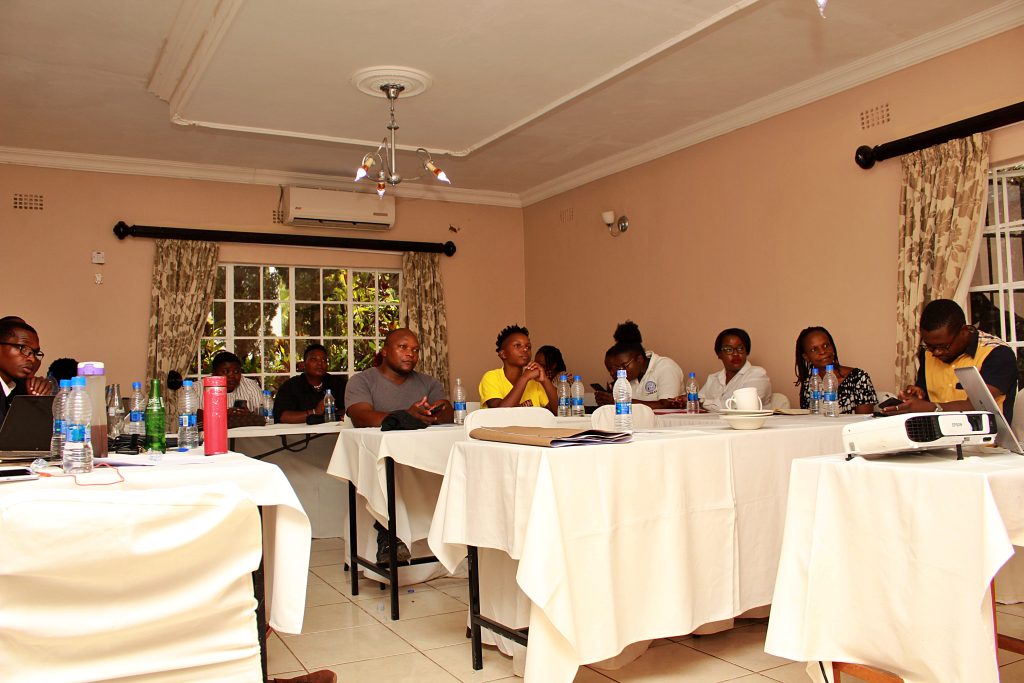Nyasa Rainbow Alliance (NRA) met with individuals from different organizations to address challenges women face in society and develop a strategy for Lesbian, Bisexual, Queer and Transgender (LBQT) women in leadership positions in the organizational and political space in Malawi. The conference was held at Palm Valley in Thyolo on the 14th December, 2023.
In an era that champions diversity and inclusion, the underrepresentation of LBQT women in leadership positions remains a critical issue. To address this imbalance and foster a more equitable future, a groundbreaking conference was set to bring together thought leaders, professionals, and advocates to devise effective strategies for promoting LBQT women in leadership roles.
Despite advancements in gender equality, LBQT women continue to face barriers when it comes to ascending to leadership positions. The conference acknowledged the need for a transformative approach that not only identifies these obstacles but also outlines actionable strategies to dismantle them. From corporate boardrooms to political offices, the conference aimed to ignite conversations that drives real change in the representation of LBQT women.
One of the primary goals of the conference was to pinpoint the specific challenges hindering LBQT women’s progress in leadership roles. This includes biases, stereotypes, and systemic issues that create roadblocks for women in various professions. Recognizing the importance of mentorship, the conference explored effective mentorship programs and networking initiatives that can help LBQT women build strong professional connections, access opportunities, and navigate their career paths more effectively.
Delegates discussed the role of policy advocacy in creating an inclusive environment. This includes exploring legislative measures, corporate policies, and industry-wide initiatives that can actively contribute to breaking down barriers and fostering gender equality.
Recognizing the impact of societal norms on women’s advancement, the conference addressed ways to challenge and change cultural perceptions of LBQT women in leadership. This involves debunking stereotypes and promoting a more inclusive and diverse narrative.
This was the beginning of a strategy formation by the members of this conference. It is expected to spark a renewed commitment to dismantling barriers and developing a culture where women can thrive in leadership positions. By bringing together diverse voices and experiences, this event achieved its aim which was to catalyze a collective effort toward a future where LBQT women are not only seen but actively contribute to shaping the decisions that impact us all.
-SC

